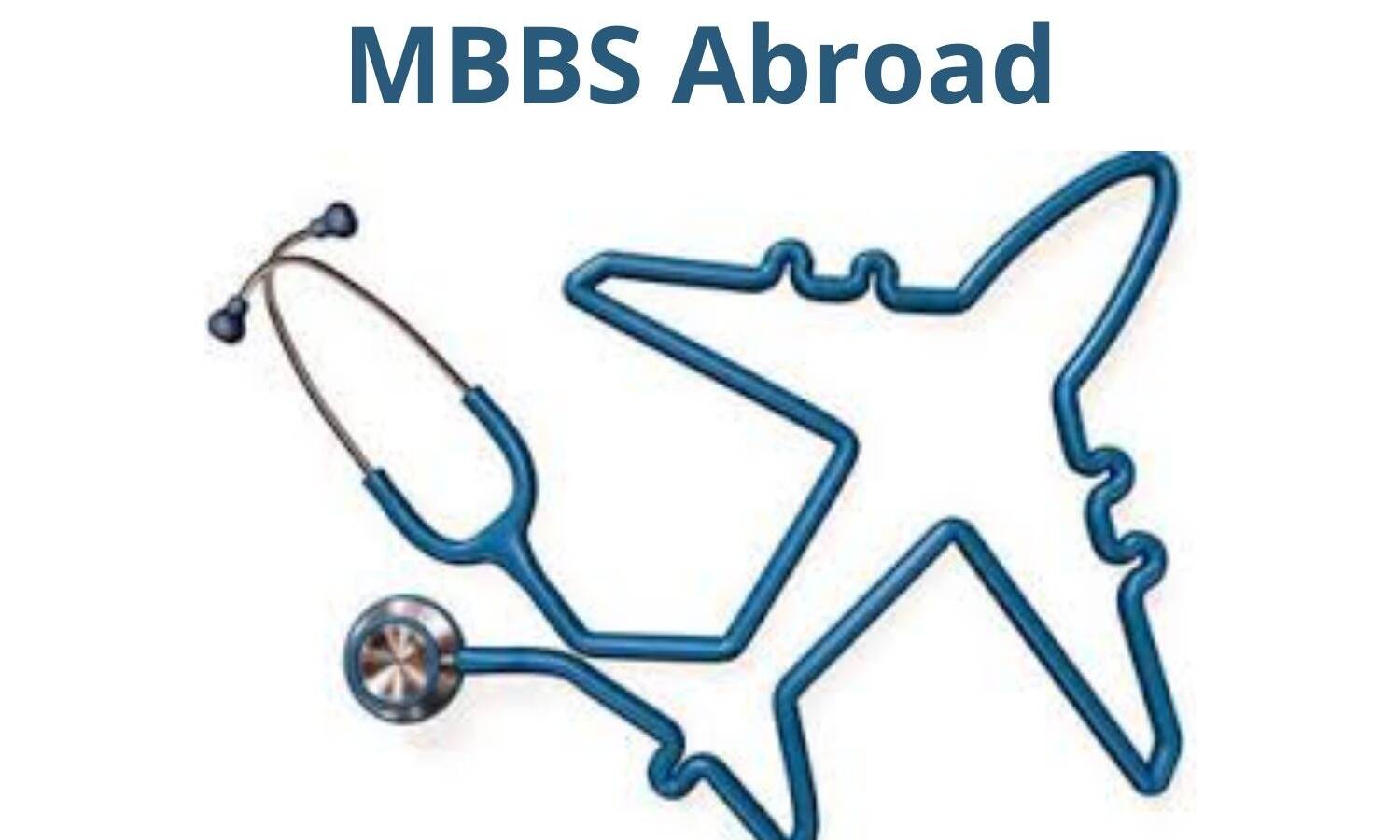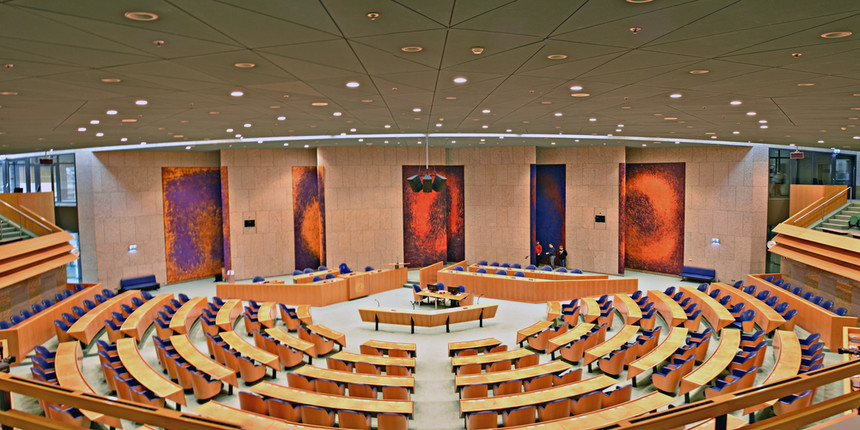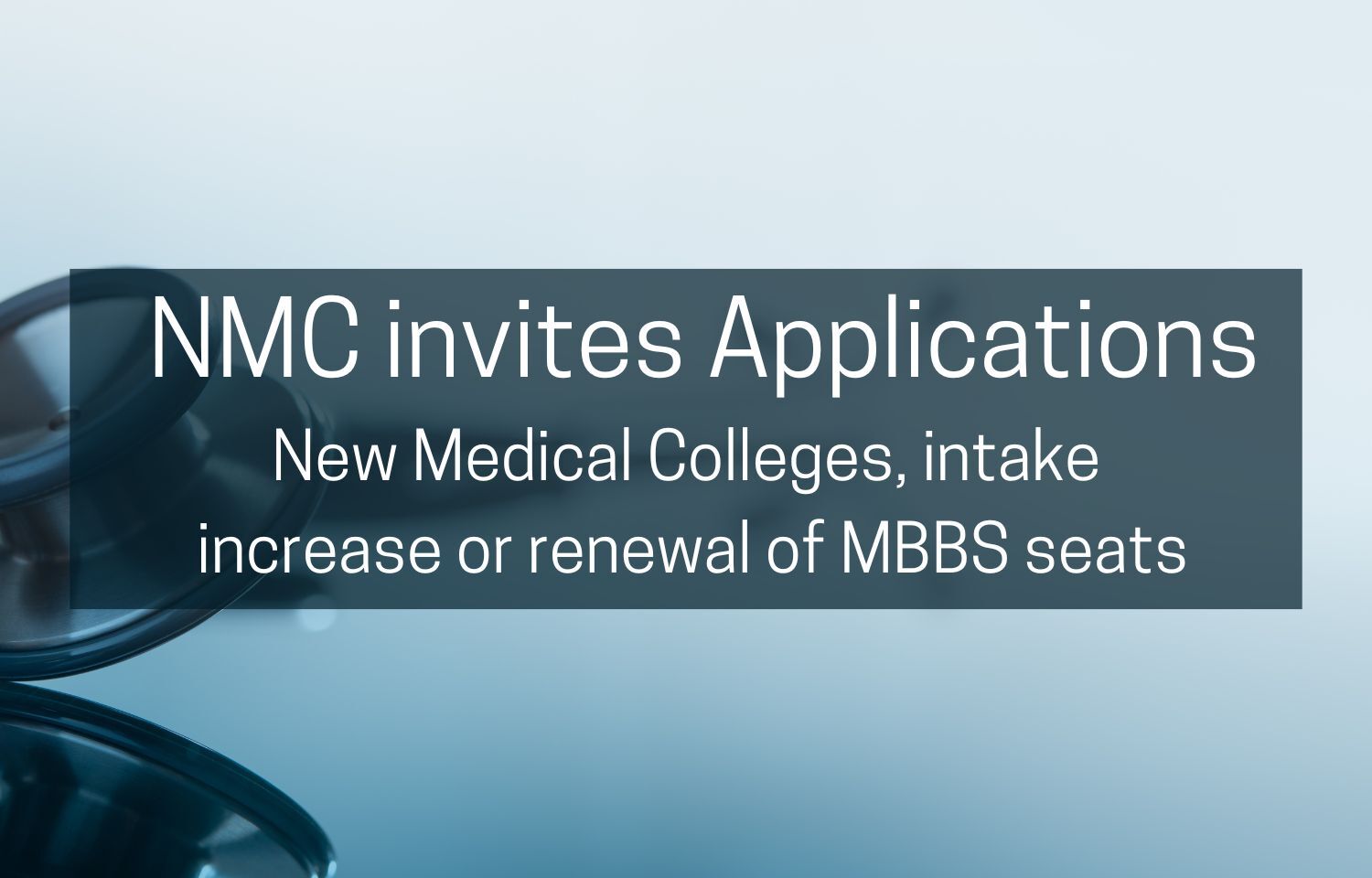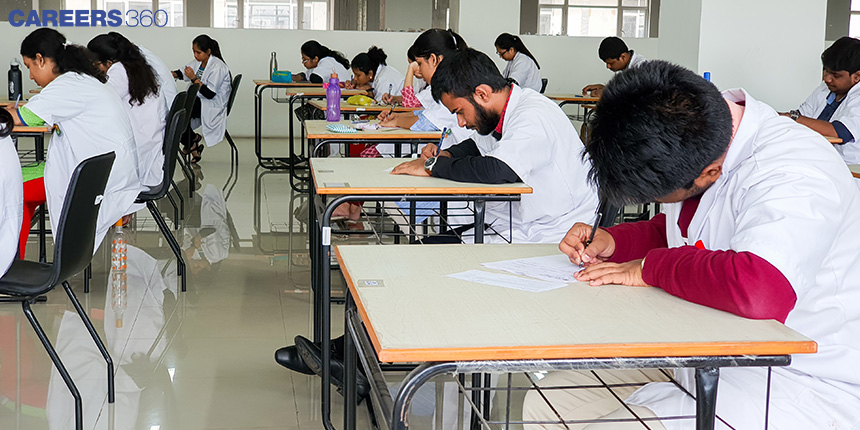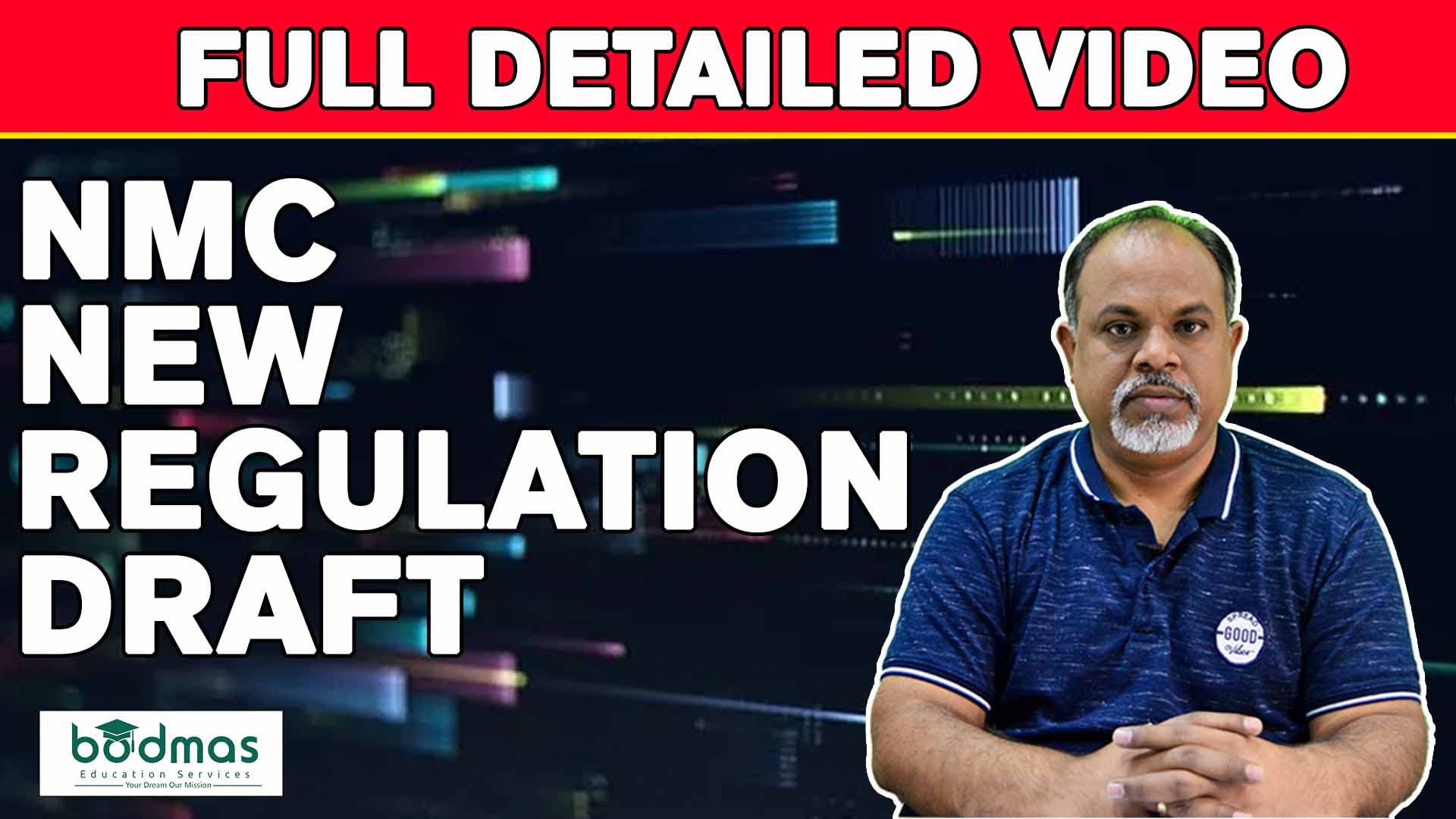A draft of the new GRADUATE MEDICAL EDUCATION REGULATIONS DRAFT has been released by the Medical NMC. On February 27th, he made it available to the public. On this, he has requested input over the next 30 days. We will examine some of the key ideas in this manuscript. We find that it has included six chapters, each of which has significant ideas that will have an ongoing impact on medical education. This post will go over every detail to make it clear. This draft has 6 crucial chapters, we will discuss them all one by one to make them easily understandable.
Chapter #1 is Preliminaries.
In this, the title, “Graduate Medical Education Regulation 2023” is abbreviated to “GMER 2023”. After that, the commencement of this draft has been specified that this would be published as the official gazette by the National Medical Commission. Since people are given 30 days to comment on this first draft, after that the public will be able to view it until around March 28. As of that day, the commencement will be in effect. Later, the definitions of “act,” “board,” “commission”, “medical institution”, “NEET-UG” have been discussed.
This all was mentioned in the first 3 points. In this, the title, “Graduate Medical Education Regulation 2023” is abbreviated to “GMER 2023”. After that, the commencement of this draft has been specified that this would be published as the official gazette by the National Medical Commission. Since people are given 30 days to comment on this first draft, after that the public will be able to view it until around March 28. As of that day, the commencement will be in effect. Later, the definitions of “act,” “board,” “commission”, “medical institution”, “NEET-UG” have been discussed. This all was mentioned in the first 3 points
Moving further to the next chapter,
Chapter #2 of New Graduate Medical Education Draft
After that, general consideration has been discussed in chapter two. In the overall consideration, there are four key points. Now let’s start with point number 4 and examine what the responsibilities of universities will be.
- The university to partner with the National Medical Commission and Provide a suitable curriculum to offer the student a complete undergraduate education in medicine and surgery that is of the utmost quality and is reasonably priced.
- Offer both theoretical and practical skills, with a focus on attitude, ethics, and communication abilities to ensure competency-based medical education.
- Encourage students to pursue self-directed learning, which will provide them a sufficient foundation in human health, including India’s indigenous healthcare systems. Yoga and spiritual principles are instilled to help pupils create harmony and calm, ease stress, and combat depression.
- Encourage students to pursue skill development courses of their choice, to enhance their problem-solving capability.
- Motivate the students to uphold the greatest ethical standards throughout their education and careers.
- Conduct regular, transparent evaluations of medical education being offered by medical institutions all around the country to ensure the highest international standards.
- Provide the pupils the assurance they need to deal with crises and disasters of all sizes.
Again, in point number 5, the relevant University must keep the proper records of the work. Furthermore, these should be documented and kept readily available for consultation at all times. Also, the objective is to keep evaluation, transparent, and efficient. Point, number 6, is focused on creating a strategy for making the best use of developing technology. Further, it is crucial that a student may learn in small groups, as stated in point number 7, encourage the learning to happen through smaller groups of students. While discussing that, University / institution shall encourage the medical colleges to offer the ideal quantity and variety of basic credit courses in point number 8.
chapter #3 is the longest and most significant chapter of New Graduate Medical Education Draft .
When it comes to ADMISSION, COUNSELLING, MIGRATION ETC
- The NEET-UG may be carried out by the National Medical Commission, or it may be designated by any other agency or authority. As long as it serves the objective, or NMC may select multiple entities or authorities to carry out NEET-UG.
- The UG Medical Education Board will choose the NEET-UG’s notification format, including its language, format, and other details. To ensure that students are not harmed, the Board must give adequate notice when changing its norms regarding the conduct of NEET-UG.
- No student shall be entitled to pursue graduate medical education in India or anywhere abroad unless they receive the minimum qualifying score on the NEET-UG exam.
- If there are ties in the scores of students taking the NEET-UG exam, the scores in Biology, Chemistry, and Physics, in that order, will be taken into account. If the tie were to persist, the qualified candidates would be chosen by computer or IT draw of lots with no human involvement.
- Eligibility to take the NEET-UG – No applicant will be permitted to take the NEET-UG without passing the 10+2 with the subjects of physics, chemistry, biology/biotechnology, and English in the two most recent years of school.
- Without affecting the current Rules or other NMC Regulations, there will be common counselling for admission to graduate medical programs at all Indian medical institutions based on the NEET-UG merit list.
- The National Medical Commission will give a seat matrix for the counselling process; provided, the common counselling may include as many rounds as necessary.
- The UG Medical Education Board must publish guidelines for the performance of common counselling, and the designated authority under section L7 below must conduct the common counselling in accordance with those published rules.
- The Central Government or its designated authority shall be the counselling agency for all India quota seats of the contributing States, and the concerned State Government or the Administration of the Union territory shall be the counselling agency for all admission to graduate courses in medicine across all medical educational institutions in the State / Union territory, respectively, or their respective designated authority.
- The qualified student only has one chance to choose the school where they wants to pursue graduate medical study. This is determined by the order in which each candidate’s merits are ranked.
As long as the UG Medical Education Council periodically releases guidelines in this regard
- No medical institute shall accept any candidate to the graduate program in violation of these laws. The restriction for any student seeking admission other than through counselling.
The medical institution that admits a student in violation of these regulations is subject to a fine of Rs. 50 lakh per seat for the first offense and Rs. 1 crore per seat for subsequent infractions. For any continued violation, the medical institution will be prohibited from admitting any students beginning with the following academic year.
The student will be expelled from the medical college and the number of seats will be decreased by two for a period of one to several years.
- The authorities who conducted the common counselling must submit the final list of students Within one week of the conclusion of the common counselling in the prescribed pro forma to the Undergraduate Medical Education Board, which will then publish the list on the NMC website.
Only medical institutions that had permission to admit students before the date of notification of common counselling are permitted to do so; medical institutions that receive the necessary approval after the date of notification of common counselling must participate in the common counselling for admission to the following academic year.
Explanation: The necessary license will also apply mutatis mutandis to an increase in the number of seats in existing medical institutions.
- Migration of students is prohibited for those assigned to medical institutions.
Following the first academic year of enrolment, another medical facility. According to UGMEB of NMC standards, students may transfer to another medical college only in extraordinary circumstances and only to those applicants who are the most deserving and have compelling justifications rather than simple procedural considerations.
Migration is only permitted between non-government medical colleges and non-government medical colleges, as well as between government medical colleges. No reciprocal transaction shall be allowed.In addition to this,
In addition to this,
Chapter #4
which outlines the minimal requirements in teams of space, staff, equipment, facility, accommodation, clinical material required throughout the year for medical education. This is for colleges in terms of rules to follow. There are no very significant points in this.
- The important point in this is that whatever medical curriculum is concerned, the university will publish and develop it. The Undergraduate Medical Education Board shall publish the model curriculum and the outcome objectives of the same from time to time on the NMC website. This shall form the base for the development of a detailed medical curriculum by the concerned Universities, along with the appropriate methodology to impart meaningful education. Following that, it is discussed the training period and the maximum duration.
- In the next point, it is stated that every student admitted in accordance with these Regulations must complete training in accordance with the guidelines published by the Undergraduate Medical Education Board and displayed on the NMC website on a regular basis.
Under no circumstances shall a student be permitted to repeat the first year, and no student shall be permitted to continue an undergraduate medical course after nine (09) years from the date of admission.
- Further, it is referred to Choose-based credit courses. There shall be a variety of choice-based credit courses of duration limited to a maximum of one week. These courses are offered by the medical institutions in addition to the NMC curriculum and curriculum prescribed by their respective university.
Internship – A student admitted to a graduate medical program is not considered to have graduated until he has completed his rotating medical internship.(accordance with the Compulsory Rotating Medical Internship Regulations’21).
In Chapter #6, Faculty Development Program.
In this, it is mentioned that teaching faculty are required
- to understand and apply group dynamics concepts in their teaching of students
- team building exercises
- small group teachings
- encouraging students to self-directed learning, and so on.
It also discusses student welfare and anti-ragging. A positive learning environment is dependent on student welfare. All students are expected to abide by the Prevention and Prohibition of Ragging in Medical Colleges and institutions, Regulations’21.
That was all about the NMC [GRADUATE MEDICAL EDUCATION] REGULATIONS OF UG MEDICAL EDUCATION BOARD’23.**This article was written with the inputs provided by Mr. Ashok Singh, director of BODMAS Education Services Private Ltd. BODMAS education has been doing educational research and providing student counseling and advice for the past five years.
Watch the video on our youtube channel: https://www.youtube.com/watch?v=xd0DRmfx58Q&t=210s




















